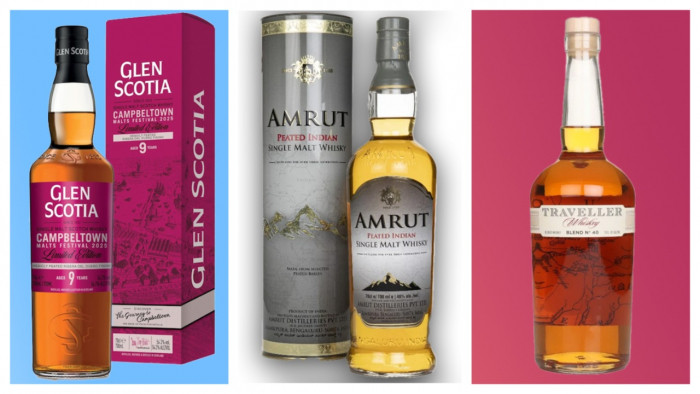5 Things You Need To Know About Jay Z's Tidal Music Stream Service
5 Things You Need To Know About Jay Z's Tidal Music Stream Service


Jay Z. Kanye West. Beyoncé. Deadmau5. Madonna. Daft Punk. Jack White. Nicki Minaj. Usher.
These were just some of the names who took to a stage erected in a New York City post office to announce the relaunch of Tidal - the high end music service that now claims to be the world's first artist-owned streaming platform.
From Tidal's humble beginnings to the fat cheques music A-listers will be writing themselves, here are the five things you should know about Jay Z's new offering.
It's been around since 2014
Tidal isn't new. Launched by Swedish media tech company Aspiro AB, it started pumping high definition, lossless (high quality data) music into the ears of subscribers in the UK, US and Canada on 28 October 2014, before expanding into other European nations. The major sell was Tidal's high-end audio quality, catering to sound junkies who found the likes of Spotify's streams too mucky to listen to.
Earlier this year, the service was snapped up by Project Panther Ltd, the company of the aforementioned Jay Z. The relaunch has put new emphasis on the notion of Tidal being an artist-owned platform, helping to "restore the value to music by launching a service owned by artists" - a subtle stab at the likes of Spotify, which comes under criticism of artists and labels for doing little to increase its royalty payments or paid subscriber base.
It'll have exclusives. For a while
With artists actively involved in owning the service, Jay Z's Tidal is hoping to have a subscriber-hooking ace up his sleeve: exclusives. The strategy will see artists put pressure on their labels to give Tidal exclusive access to their new releases for a short window. Kanye West's next album has already been tipped to be a Tidal exclusive, but one can't imagine that West or other artists would limit the digital distribution of their albums on Tidal for more than a few weeks.
What does a subscription get me?
With either the 'Premium' or 'HiFi' subscriptions, you'll be able to access Tidal from one device in "online" mode, and three devices in "offline" mode. At present, HiFi playback is only available via Google Chrome or the app. You can find out more through the Tidal website.
It's all about the money
Music is a business. Musicians want to make money. Labels want to make money. Spotify wants to make money, but it also wants to keep its 15 million paying and 45 million free users happy. That's why Tidal is making a point of avoiding a "free" subscription model: users will be able to choose between a $19.99-a-month service that supplies the high fidelity audio, and a $9.99-a-month "standard" audio option.
This makes the service significantly more expensive than the likes of Spotify - but having always led on its high-end audio, Tidal isn't looking to compete directly with the free music services. If you want to put your expensive speakers or luxurious headphones through their paces, you'll want a subscription with Tidal. If you want a service to listen to a new release on the bus via your smartphone and free earphones, you'll be wasting your money on high fidelity tracks.
It's going to make rich people richer
Jay Z's relaunch of Tidal was filled with lofty rhetoric. In a discussion with Billboard, he stated: "We didn’t like the direction music was going and thought maybe we could get in and strike an honest blow. Will artists make more money? Even if it means less profit for our bottom line, absolutely. That’s easy for us. We can do that. Less profit for our bottom line, more money for the artist; fantastic."
Had Jay Z led with a declaration that Tidal would help struggling artists to get a foothold in the music industry and bring their little-known album to the masses, this would have seemed a plausible, tide-changing attitude toward the music industry. But by launching the service on a stage with some of the richest musicians in the world, Tidal seems to be sending out a message that successful artists are tired with the balance of the current distribution system - not with bringing new fans to their music, or sharing their work with the wider world.
Latest
Related Reviews and Shortlists


The best whisky taste tested








